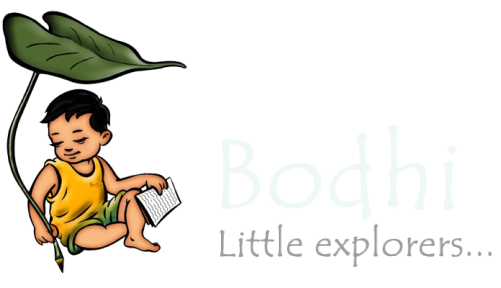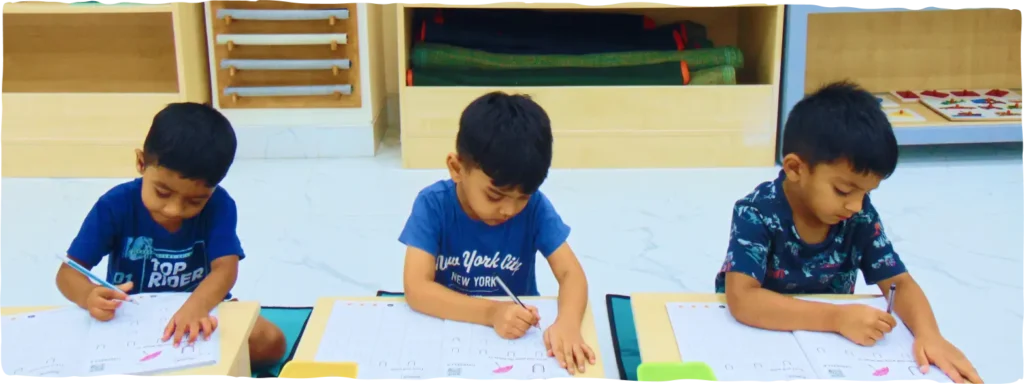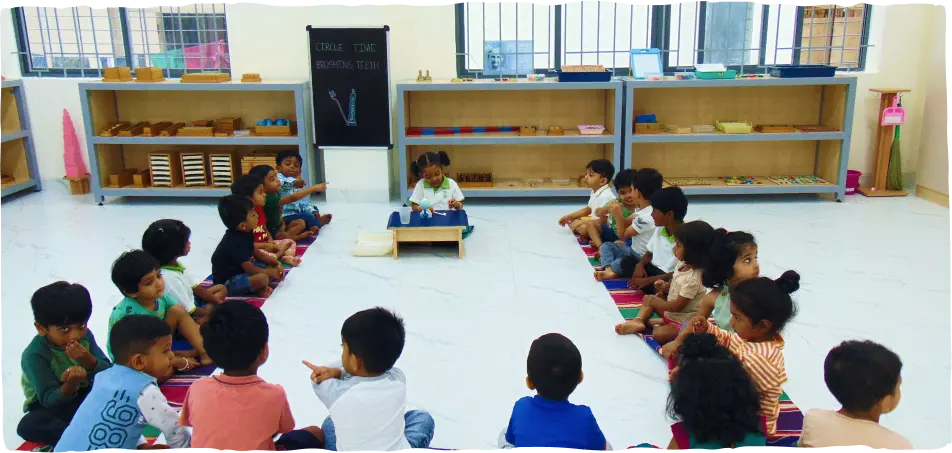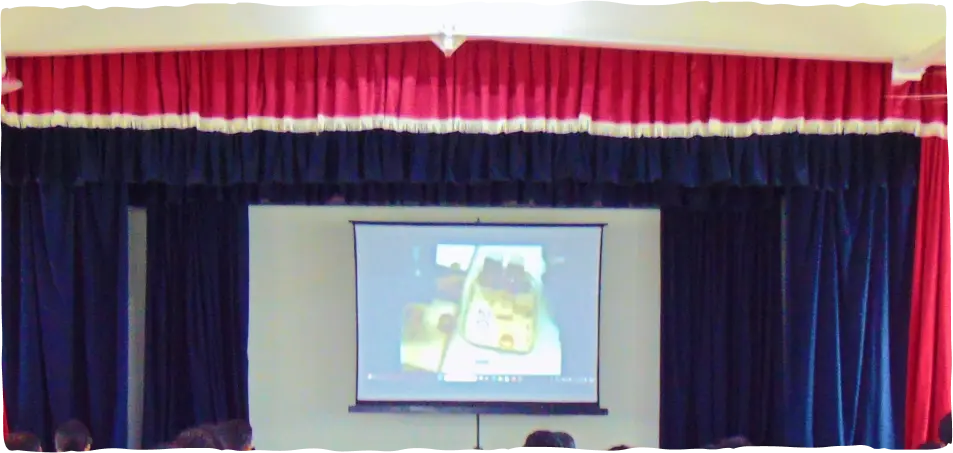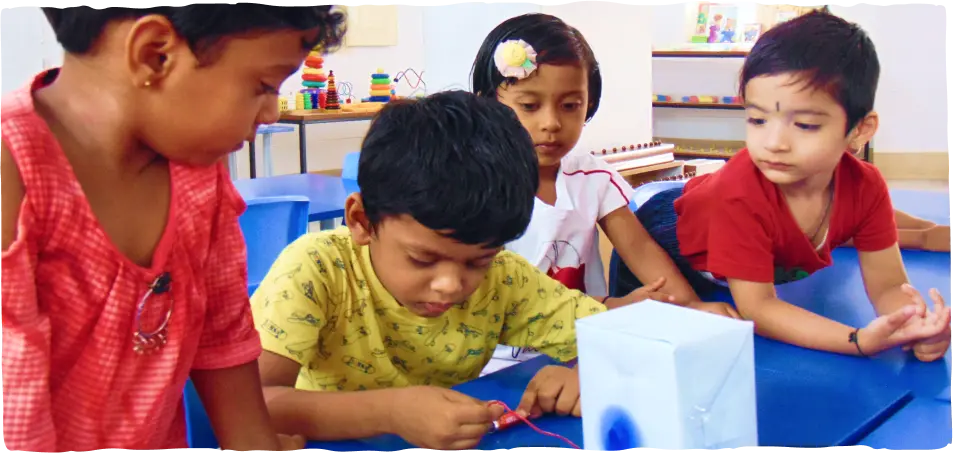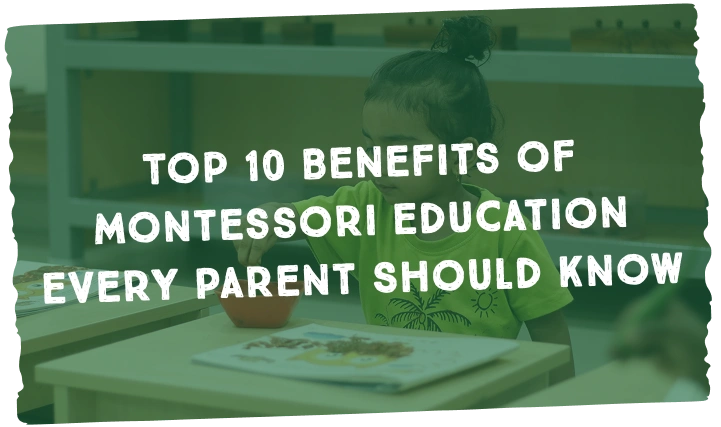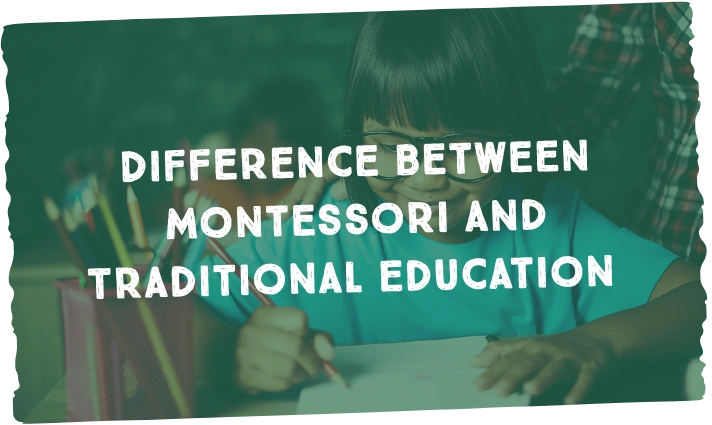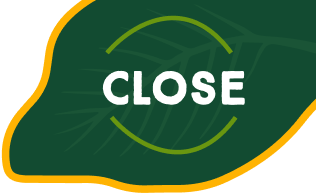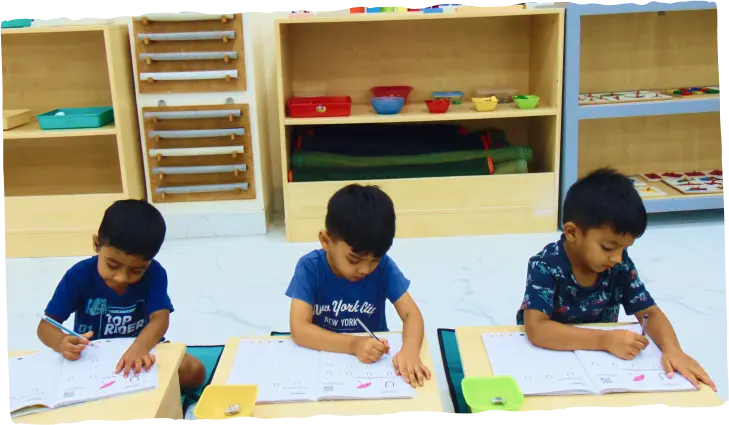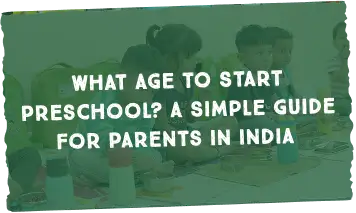
What Age to Start Preschool? A Simple Guide for Parents in India
Many parents struggle with one important question early in their child’s life: what age to start preschool. Some parents hear that earlier is better, while others are told to wait. With so much mixed advice, choosing the best age to start preschool can feel confused.
